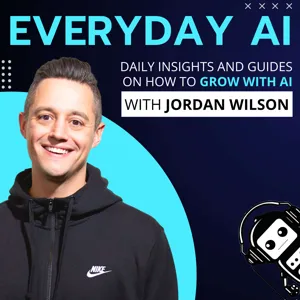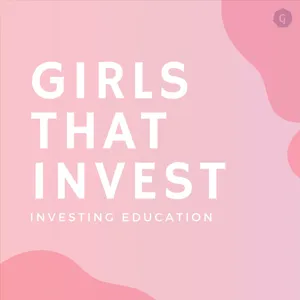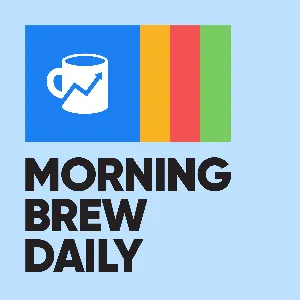EP 267: The Impact of Generative AI on the U.S. Labor Market

Send Everyday AI and Jordan a text message
Will GenAI be an economic boom? Or cause economic doom? Or maybe something in between? Gad Levanon, Chief Economist at The Burning Glass Institute, joins us to discuss generative AI's impact on the U.S. labor market.
Newsletter: Sign up for our free daily newsletter
More on this Episode: Episode Page
Join the discussion: Ask Jordan and Gad questions on GenAI and the U.S. labor market
Related Episodes:
Ep 258: Will AI Take Our Jobs? Our answer might surprise you.
Ep 222: The Dispersion of AI Jobs Across the U.S. – Why it matters
Upcoming Episodes: Check out the upcoming Everyday AI Livestream lineup
Website: YourEverydayAI.com
Email The Show: info@youreverydayai.com
Connect with Jordan on LinkedIn
Topics Covered in This Episode:
1. AI's current impact on jobs
2. Generative AI and higher education
3. Skills demand related to generative AI
4. Future for workers and generative AI
5. Generative AI and retirement
Timestamps:
01:30 Daily AI news
04:15 About Gad and The Burning Glass Institute
08:09 Automation and technology impacting labor market trends.
12:13 Generative AI impact on job ads analyzed.
17:27 Employers need specific AI skills for reskilling.
21:28 Concern around AI skills and education needs.
25:06 Generative AI benefits seen in future stock market.
29:37 Generative AI skills essential for future success.
Keywords:
Generative AI, Gad Levanon, AI engines, chatbot infrastructure, computing power, cybersecurity, cloud computing, outsourcing, US colleges, universities, higher education, short-term credentials, computer-related fields, economic shock, stock market, US economy, baby boomers, retirement, layoffs, reskilling, future job market, knowledge worker, US workers, US companies, Blue collar jobs, white collar jobs, online job ads, tech companies, AI automation, Apple, Microsoft, Burning Glass Institute, worker productivity, workforce reduction, new jobs, technological shifts.
Get more out of ChatGPT by learning our PPP method in this live, interactive and free training! Sign up now: https://youreverydayai.com/ppp-registration/









